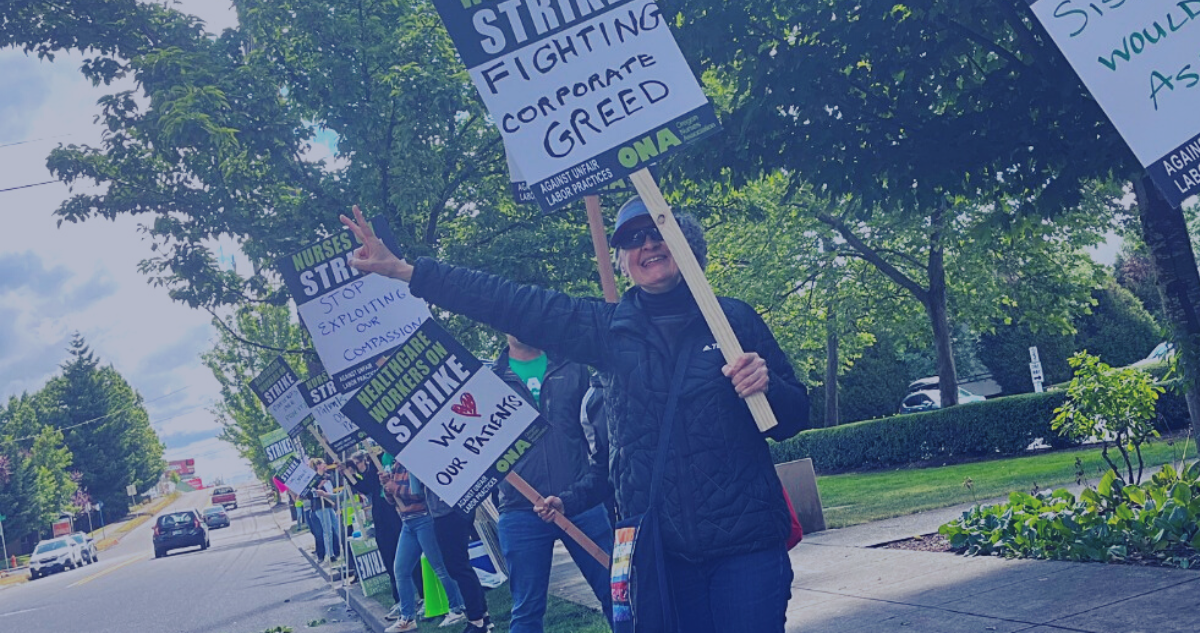Over a recent one-year period, food service and construction workers filed more wage theft claims with the Oregon Bureau of Labor and Industries (BOLI) than workers in other industries. Waiters, bartenders and other food service workers filed 253 claims between July 2012 and June 2013. Construction workers submitted 131 claims over the period.
Wage theft takes many forms. The types of claims that the Bureau investigates include allegations that the worker received less than the minimum wage, was not paid overtime or had their pay wrongfully docked.
While the claims filed with BOLI constitute important information about wage theft in Oregon, the data reflects only a portion of the problem. Not all shortchanged workers file claims with state officials, possibly out of fear of employer reprisal or not knowing that the Bureau can help in recovering losses. Nevertheless, understanding where wage theft is prevalent, something that the BOLI claims data can help clarify, is important in devising solutions to the problem.
Food Services and Construction Were Top Problem Industries
The food services and construction industries gave rise to the highest number of wage theft claims during the one-year period at issue.
Food services industry
- The food services industry, which includes restaurants and bars, had the highest number of claims of any industry: 253.
- Food services also had the highest share of claims relative to the size of its workforce. The industry represented 8 percent of Oregon’s total workforce and accounted for 30 percent of all wage theft claims.[1]
- Of the wage theft claims arising in the food services industry, 68 percent were claims to the Wage Security Fund, a state fund administered by BOLI to compensate workers for wages that were not paid when an employer went out of business.
Construction industry
- Construction had the second highest number of wage theft claims of any industry: 131.
- Construction had second highest share of claims relative to the size of its workforce. The industry had 4 percent of Oregon’s workforce and accounted for 16 percent of total claims.[2]
- Of the claims arising in the construction industry, 12 percent were Wage Security Fund claims.
In the 2013 session, the Oregon legislature enacted a law regulating construction labor brokers. Among other things, HB 2977 requires most construction labor brokers — those whose only job is to supply workers — to obtain a license from BOLI. It also makes construction businesses that intentionally use unlicensed brokers jointly liable for unpaid wages. The provisions of the law become operative on July 1, 2015.
Total claims over one-year period
From July 2012 to June 2013, workers filed a total of 871 wage theft claims with the Oregon Bureau of Labor and Industries. In total, the claims alleged $3,083,010 in unpaid wages.
During half of that one-year period, BOLI stopped accepting certain types of claims it normally investigates. Due to budget cuts, from July through December 2012, the Bureau only accepted claims alleging violations of minimum wage, overtime and prevailing wage laws. It also continued using the Wage Security Fund to cover unpaid wages in cases where a company went out of business. For six months, the Bureau turned away claims alleging that the employer failed to pay an agreed-upon wage rate, vacation or other benefits pay, or that an employer wrongfully deducted money from wages.[3]
Conclusion
The recent one-year period of wage claims filed with BOLI indicates that the food services and construction industries are particularly problematic when it comes to wage theft. Understanding where wage theft is prevalent is important in devising solutions to the problem.
[1] Calculation based on non-farm claims data from the Bureau of Labor and Industries and non-farm workforce data from the Oregon Employment Department.
[2] Ibid.
[3] Letter from Commissioner Brad Avakian to Oregon legislative leaders, June 14, 2012. Emails to OCPP from Anna Braun, BOLI, January 13 and February 12, 2014.









